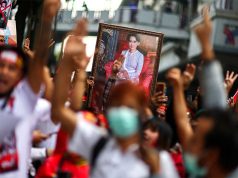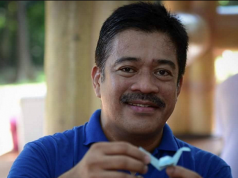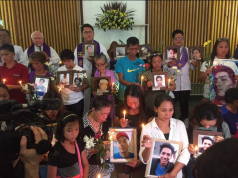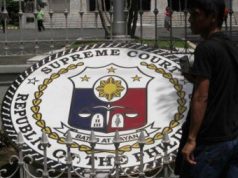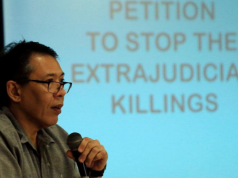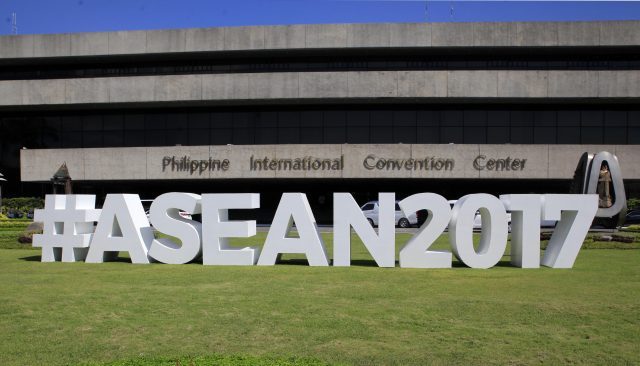
MANILA, Philippines – Leaders of government attending the 30th ASEAN Summit in Manila this week should confront “critical regional challenges” and not sideline “difficult questions” on democracy and human rights, such as the thousands of unexplained killings linked to the drug war of the Duterte administration.
The call was made by the ASEAN Parliamentarians for Human Rights (APHR), a collective of lawmakers across the region, who said that leaders should be able to face up to the “growing human rights crisis” in Southeast Asia and take steps to strengthen regional mechanisms to address it.
Failure to do so could threaten the sustainability and long-term success of the regional organization, the group said in a statement.
The 30th ASEAN Summit, which runs April 26 through April 29, is the first of two annual meetings of ASEAN leaders in 2017. It is being hosted by the Philippines, with President Rodrigo Duterte as chair.
“The accelerating erosion of democracy and human rights protections threatens to undermine the progress of ASEAN integration and yield a weaker regional bloc that fails to live up to its people-centered claim,” Charles Santiago, a member of the Malaysian Parliament and APHR chairperson, said.
“We’re seeing several troubling trends region-wide: civil society and opposition voices, including parliamentarians, are being harassed and imprisoned; marginalized communities are under attack from security forces; and religious extremism is increasingly being used for nefarious political aims,” he said.
“The ASEAN Summit is a place where these issues can and should be discussed, debated, and ultimately responded to at the regional level,” Santiago added.
The lawmakers expressed concern about several regional developments, including “increasing government restrictions on freedom of expression, association, and assembly; threats to civil society; and rampant extra-judicial killings, most prominently in the context of the brutal drug war being waged in the Philippines.”
They also noted the possible atrocity crimes in the region, particularly in Myanmar, where the United Nations recently warned that crimes against humanity and ethnic cleansing may have occurred.
“Governments have a responsibility to protect all ASEAN people, particularly the most vulnerable. To do so, they should ensure that national and regional mechanisms responsible for the protection of human rights are free from government interference and have the mandate to investigate human rights violations independently. The judiciary should also be independent and have the trust of the people,” Mu Sochua, APHR vice chairperson, said.
The group urged ASEAN leaders to “heed the voices and concerns of civil society groups” by allowing meaningful consultations with non-government and grassroots people’s organizations, and engaging them in regional and national policy-making.
Parliamentarians urged ASEAN leaders to heed the voices and concerns of civil society groups, through measures including the creation of enabling environments for civil society and by ensuring meaningful consultation with NGOs and grassroots people’s organizations in the context of regional and national policymaking.
“As elected representatives of the people, we urge heads of government – on behalf of our constituents – to incorporate stronger consultative mechanisms at the regional level that engage all voices, including women and youth, and allow space for civil society to operate in all ASEAN countries without government interference,” Sochua said.
The parliamentarians also noted concerns about human rights implications of proposed trade deals, such as the Regional Comprehensive Economic Partnership (RCEP) and various bilateral free trade agreements, as well as the social, environmental, and human rights impacts of large-scale development projects, which often have disproportionate impacts on women and marginalized communities.
They also warned about the rights and safety of migrant workers, particularly as the intra-regional movement of people and goods expands under the ASEAN Economic Community.
“ASEAN needs to be a regional community that stands on the side of the people, not one that only sticks up for big business and the well-connected. The 30th ASEAN Summit provides a chance for ASEAN leaders to make clear where they stand,” APHR vice chair Eva Sundari, a member of the Indonesian House of Representatives, said.




